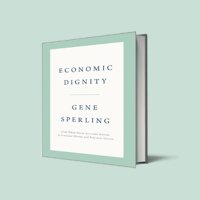
David Kamin
@davidckamin
Professor @nyulaw, former Biden and Obama administrations
ID: 805578672547700736
05-12-2016 01:04:57
1,1K Tweet
5,5K Followers
533 Following

On June 3, join us for a webinar on the risks to taxpayer privacy as taxpayer data is accessed and shared across government in unprecedented ways. The event will be moderated by Lily Batchelder and feature an opening discussion with Daniel Werfel. Register: nyu.zoom.us/webinar/regist…




Here is what the distribution of the reconciliation bill looks like including tariffs, hot off The Budget Lab presses. Income falls for the *bottom 80%* of households. Full report here: budgetlab.yale.edu/research/combi…















